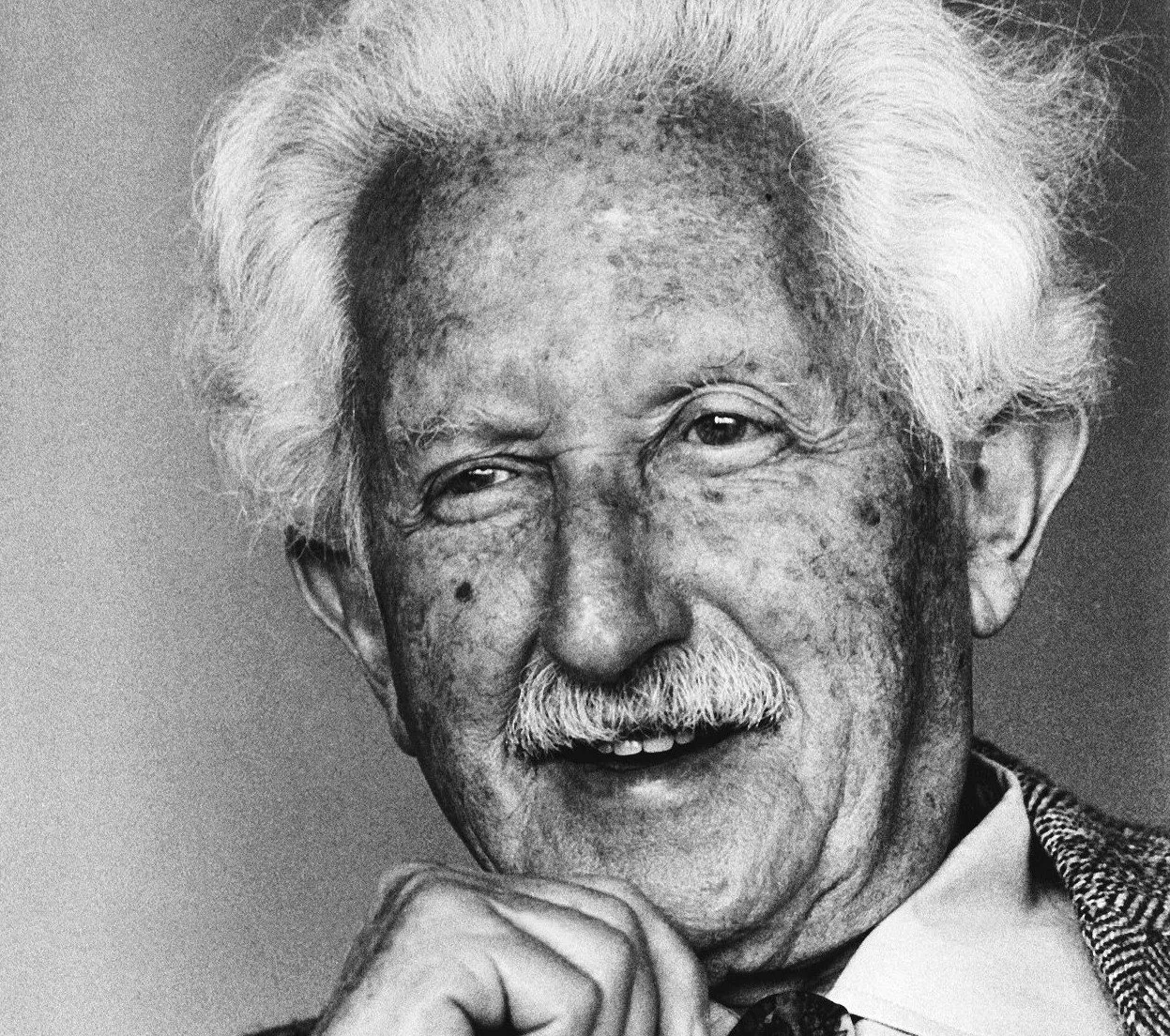1. What is drug addiction?

“Addiction is defined as a chronic, relapsing disorder characterized by compulsive drug seeking, continued use despite harmful consequences, and long-lasting changes in the brain. It is considered both a complex brain disorder and a mental illness. Addiction is the most severe form of a full spectrum of substance use disorders, and is a medical illness caused by repeated misuse of a substance or substances.” National Institute on Drug Abuse. “The Science of Drug Use and Addiction: The Basics.” National Institute on Drug Abuse, 25 June 2020, www.drugabuse.gov/publications/media-guide/science-drug-use-addiction-basics
2. Who does it impact?

Drug addiction reaches far past the person suffering from it. Family, friends, and even colleagues oftentimes experience irreparable harm from those who suffer from addiction. Addiction is an insidious disease that is not easily understood by those who don’t suffer from it. Addiction negatively impacts both loved ones and the addict themselves. Many times my family and friends were left feeling as though their experience was minimized when both realities are true, I was suffering and so were they. It took a great deal of change for healthy behaviors to develop.
3. In ages 18 to 25 what developmental stages are being achieved according to Erikson’s theory?

Recalling Erikson’s theory at stage 5, Identity versus Identity Confusion adolescents are in self-discovery of who they are and where they are going in life. In stage 6 Intimacy versus Isolation, early adulthood is the developmental task of building strong intimate relationships. If this cannot be achieved, isolation occurs. These stages are highly important in one’s life development, as the adolescent brain is still maturing during this time. It was interesting on my journey of recovering to learn about Erikson’s theory on human development. I could relate to the downfall of developing if these areas were impacted, as well as the benefits that can be achieved.
4. Why are intimate relationships important in life?

“First, an expanding and significant body of literature demonstrates that interpersonal relationships are vital and important to the physical and mental health of individuals.”
Magazine Pro Theme On Genisis Framework. “Interpersonal Relationships - Iresearchnet.” Psychology, Magazine Pro Theme on Genisis Framework , 2021, psychology.iresearchnet.com/social-psychology/interpersonal-relationships/.
Recalling Erikons’s Theory helps us understand the psychological growth that can or cannot be achieved. Interpersonal relationships are a two-way connection that both parties can benefit from. Any negative impairment can cause years’ worth of damage to the relationship. Through my own journey, it took many years to form forgiveness between myself and damaged family relationships. New connections with friends expanded into something healthy and beneficial.
5. How does addiction affect interpersonal relationships?

Drug addiction severely impacts one’s ability to form healthy and thriving relationships. Isolation and lack of communication play a role in the unhealthy cycle of addiction. Oftentimes, treatment suggestions go unheard or refused. This can be a draining cycle. In my experience, some family and friends choose to disconnect from the relationship while others stay close by or engage in codependent or enabling behavior. For many people in this situation, maintaining a healthy dynamic is extremely difficult. This dynamic can last for months, years, or even decades until recovery is achieved. Until the cycle of addiction can be broken, relationships will remain strained and broken.
6. My Personal Experience
In active addiction, my interpersonal relationships suffered a great deal. I could not maintain healthy friendships, family relationships, or romantic relationships. My addiction caused harm to many people I came into contact with, some of those relationships are irreparable to this day, others have been repaired. Forgiveness, personal responsibility, and accountability were at the core of these mended relationships. I had to be consistent in my recovery, I had to take personal responsibility, and understand how my addiction caused harm. I also had to accept those who chose not to forgive me.
7. Does it all seem hopeless?

Dealing with drug addiction or seeing a loved one struggle with it, can be a difficult and often painful road to navigate. It can leave us feeling depressed, lonely, misunderstood, and hopeless. There are many resources out there that can help addicts and families alike on the road to recovery. Knowing how to gain access to these resources can be a step in the right direction. My road to recovery did not include an expensive rehab, which is so often suggested, to become a successfully recovering addict. I have been successfully able to maintain my recovery through a free twelve-step program. There is hope.
